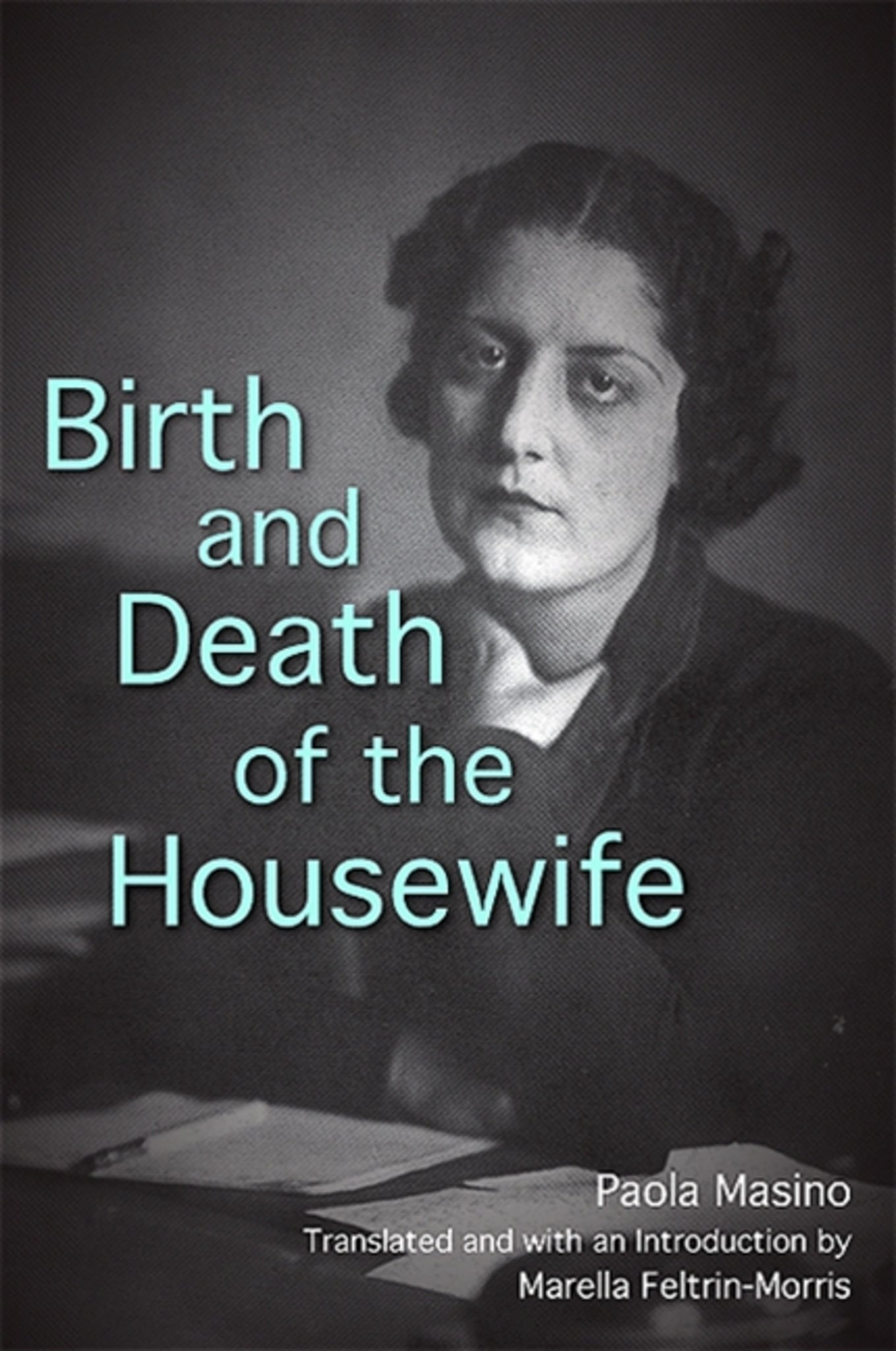We're sorry. An error has occurred
Please cancel or retry.
Birth and Death of the Housewife

Some error occured while loading the Quick View. Please close the Quick View and try reloading the page.
Couldn't load pickup availability
- Format:
-
23 October 2009

First English translation of Paola Masino's Nascita e morte della massaia, her most controversial novel that provoked Fascist censorship for its critical portrayal of marriage and motherhood.
Stepping out of her beloved trunk full of bread crumbs, dust, spider webs, books, and ragged funeral ornaments, the young protagonist of Paola Masino's most controversial novel realizes that her fate is already sealed. She will have to conform to society's expectations of a woman: her wild imagination will have to be controlled, her intelligence kept at bay. In short, she will have to become a Housewife. Subject to Fascist censorship before its first publication in 1945, Birth and Death of the Housewife offers a surrealist criticism of Fascism and the rigid notion of womanhood it promoted. In her depiction of a woman's struggle to play a role that simply does not correspond to her desires, Masino expresses a frustration and a rebellious instinct rarely found among her contemporaries. Defying interpretations and standing alone among the heroines of twentieth-century Italian literature, Masino's Housewife remains an uncomfortable, enigmatic figure whose impudent determination to challenge the bulwarks of traditional female roles reaches beyond historical boundaries and resonates powerfully with contemporary readers.


"The novel's magisterial combination of forms—from the diary to the drama to the reading journal to the fable—indisputably earns Masino a place in the pantheon of great modernist masters." — Review of Contemporary Fiction
Acknowledgments
Introduction
1. Birth and Death of the Housewife
Author’s Note



